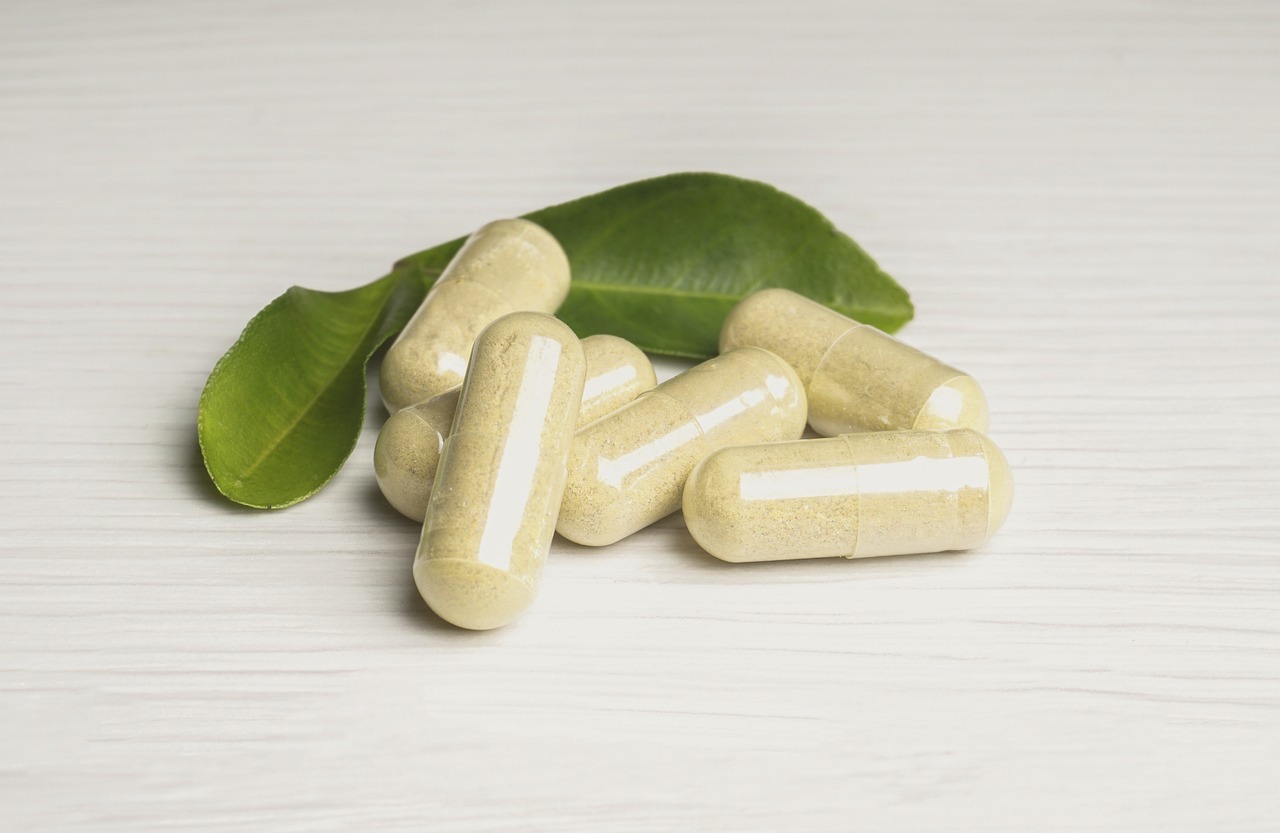Do Anti-Aging Supplements Really Work? A Scientific Breakdown
The global market for anti-aging supplements has exploded in recent years, with a wide array of products promising to slow down aging, improve vitality, and extend lifespan. From NMN (Nicotinamide Mononucleotide) to Resveratrol and CoQ10 (Coenzyme Q10), many of these supplements are marketed as scientifically backed solutions for combating the signs of aging. But are these claims really supported by science? Let’s take a closer look at some of the most popular anti-aging supplements and evaluate the scientific evidence behind them.
1. NMN (Nicotinamide Mononucleotide)
NMN is a compound that occurs naturally in the body and is involved in the production of NAD+ (Nicotinamide Adenine Dinucleotide), a molecule that plays a critical role in metabolism, energy production, and DNA repair. As we age, NAD+ levels decrease, which has been linked to many age-related diseases and a decline in cellular function.
What Science Says:
- Animal Studies: In animal models, supplementation with NMN has been shown to boost NAD+ levels and improve mitochondrial function, which is essential for energy production and overall cellular health. Research on mice has also demonstrated improvements in muscle function, insulin sensitivity, and cognitive performance.
- Human Studies: Human clinical trials are still limited, but some early studies suggest that NMN supplementation may have potential benefits, including improved muscle strength and metabolism. However, more research is needed to confirm its effectiveness in humans and to determine the optimal dosage and long-term safety.
- Conclusion: While the animal studies are promising, the evidence for NMN in humans is still in its early stages. It may hold potential, but more rigorous clinical trials are needed before we can fully understand its impact on aging in humans.
2. Resveratrol
Resveratrol is a polyphenol found in red wine, grapes, and certain berries. It has been praised for its antioxidant properties and its ability to activate a protein called SIRT1, which is associated with longevity and cellular health.
What Science Says:
- Animal Studies: In laboratory animals, resveratrol has been shown to extend lifespan and improve health markers related to aging, such as inflammation and cardiovascular health. It’s believed to activate the sirtuin pathway, which may help protect against age-related diseases like heart disease and diabetes.
- Human Studies: However, human clinical trials have yielded mixed results. Some studies have shown improvements in markers like blood pressure and cholesterol levels, while others have not shown significant benefits in terms of lifespan extension. There are also concerns that the amount of resveratrol needed to achieve these effects might be difficult to attain through supplementation alone.
- Conclusion: Resveratrol has potential anti-aging benefits, particularly related to heart health and inflammation, but the evidence is inconsistent. Its effectiveness in humans at doses achievable through supplements remains uncertain.
3. CoQ10 (Coenzyme Q10)
CoQ10 is a compound that helps produce energy in cells and acts as a powerful antioxidant. Its levels naturally decline with age, which may contribute to the aging process and age-related diseases like heart disease and neurodegenerative conditions.
What Science Says:
- Animal Studies: CoQ10 supplementation has been shown to improve mitochondrial function, protect against oxidative stress, and support heart health in animals. Some studies also suggest it may help with muscle recovery and cognitive function.
- Human Studies: In humans, CoQ10 has been shown to improve heart health, reduce blood pressure, and support muscle function in older adults. There’s also evidence suggesting that CoQ10 can help improve symptoms of conditions like Parkinson’s disease and Alzheimer’s disease by supporting cellular energy production.
- Conclusion: CoQ10 has solid scientific support, particularly for heart health and energy production. While it’s not a miracle anti-aging solution, it has demonstrated benefits in reducing the effects of aging on certain systems in the body.
Do These Supplements Really Work?
While there’s promising evidence behind these supplements, it’s important to understand that no single supplement will prevent or reverse aging entirely. The human aging process is incredibly complex, and it involves a variety of factors like genetics, lifestyle choices, and environmental influences. Supplements like NMN, Resveratrol, and CoQ10 may play a role in slowing some of the effects of aging, but they should be used in conjunction with other healthy habits such as a balanced diet, regular exercise, adequate sleep, and stress management.
Conclusion
The field of anti-aging supplements is still evolving, and while many of the products available today have some scientific basis, they should not be viewed as a “magic bullet” for aging. NMN, Resveratrol, and CoQ10 all have potential, but their effects vary between individuals, and more research is needed to fully understand their long-term impact.
If you’re considering using any of these supplements, it’s always a good idea to consult with a healthcare professional to ensure they’re right for your individual needs and to avoid any potential side effects or interactions with other medications. Healthy aging is a holistic journey, and supplements can be a part of the puzzle—but they are only one piece.

